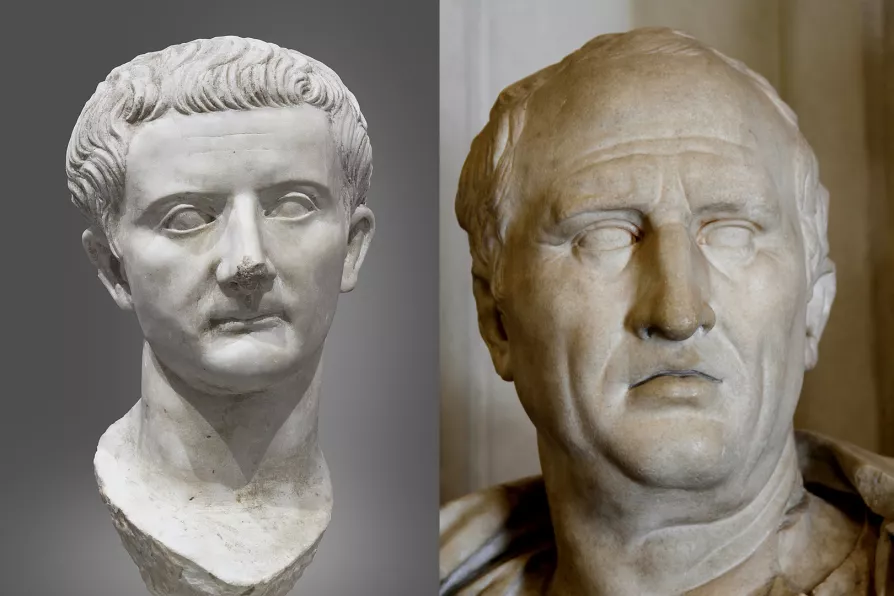LUKE FLETCHER outlines Plaid Cymru bold plans for wide-ranging policy consultations with trade unions in Wales

 Emperor Tiberius (left) and orator Cicero
Emperor Tiberius (left) and orator Cicero
AS THE exodus of Tory MPs gathers pace, how will our former overseers now spend their time, when not enabled by their prior position to secure lucrative side hustles they had once enjoyed so heartily?
Even without the prestige (such as it is) of being an MP, there are plenty of opportunities out there for money-hungry Conservative has-beens, although the sheer number of them on the streets may now see a severe curtailment of post-parliamentary goodies.
But for the better known evacuees, there will be the consolation of well-paid speaking engagements, advisory/lobbying consultancies, museum board appointments, foreign-funded politicking, and the founding of dubious cash-cow “charitable” status political foundations.

GORDON PARSONS meditates on the appetite of contemporary audiences for the obscene cruelty of Shakespeare’s Roman nightmare













